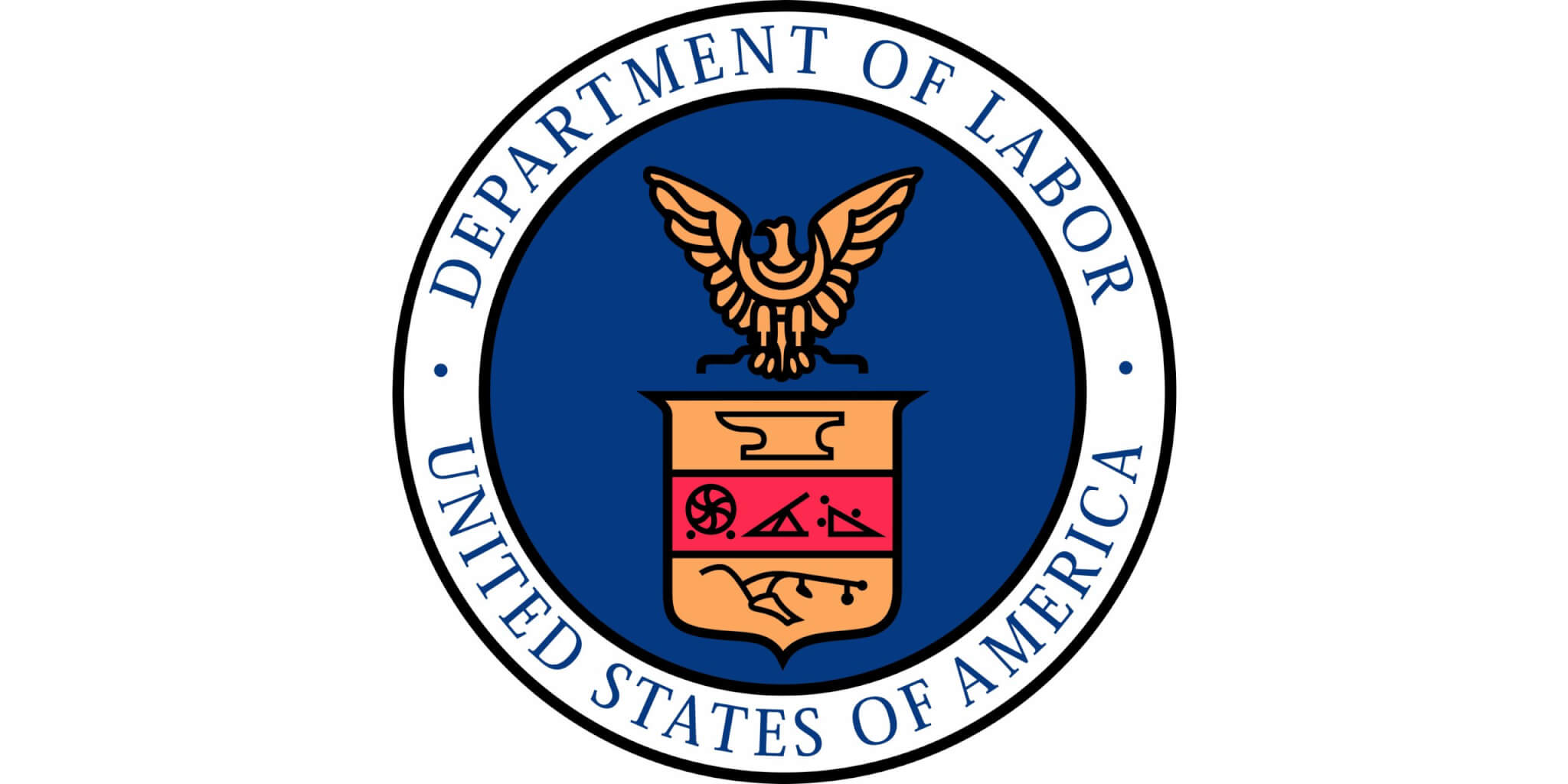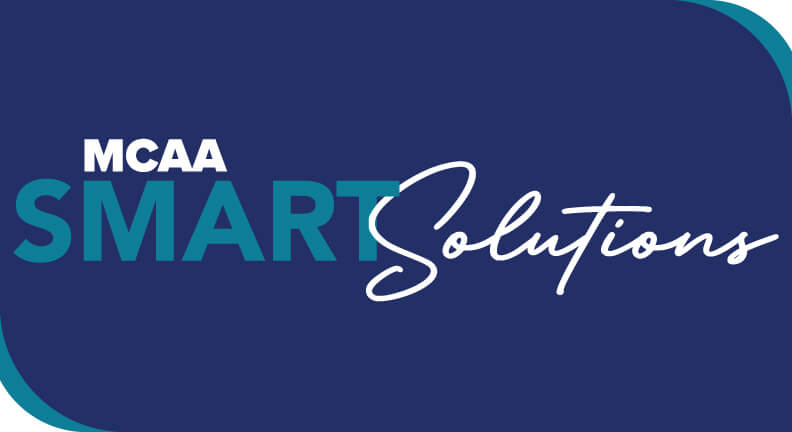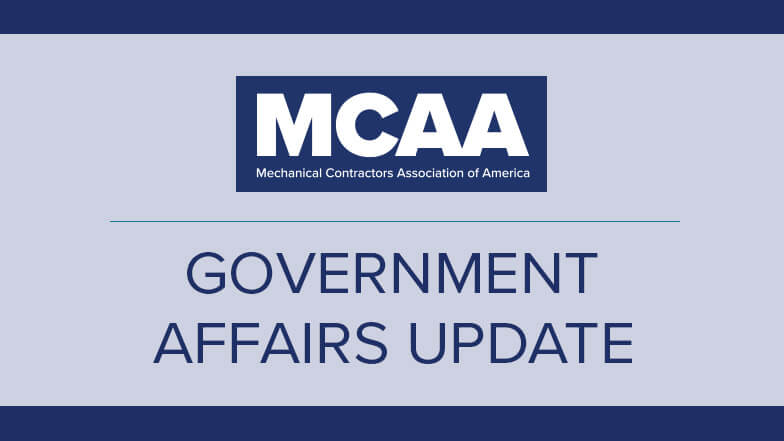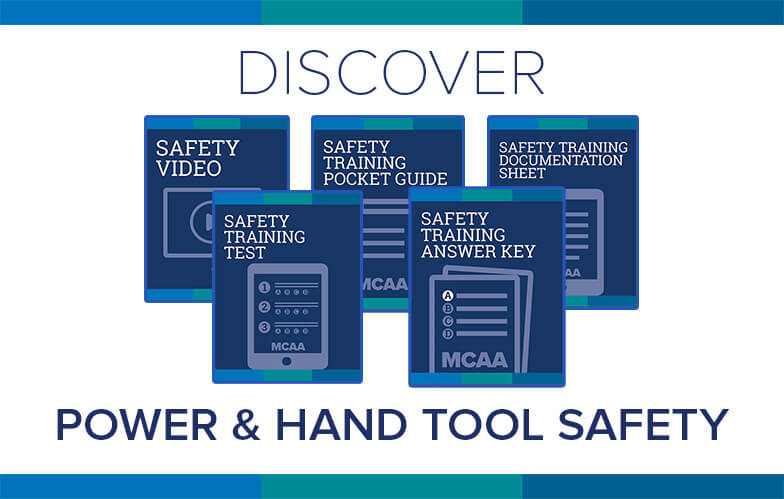
WASHINGTON, DC – On May 11, the U.S. Department of Labor launched its Industry-Recognized Apprenticeship Program (IRAP) Standards Recognition Entities (SREs) online application and updated resources, the same day that the IRAP rule goes into effect.
In June 2017, President Donald J. Trump signed an Executive Order on Expanding Apprenticeships in America. Section 4 of the order, “Establishing Industry-Recognized Apprenticeships,” directs the Secretary to consider proposing regulations that promote the development of apprenticeship programs by third parties. The Task Force on Apprenticeship recommended the establishment of Industry-Recognized Apprenticeship Programs to address America’s skills gap and to rapidly increase the availability of high-quality apprenticeship programs in sectors where apprenticeship opportunities are not widespread.
“As workers seek to reenter the workforce following the economic disruption caused by coronavirus, Industry-Recognized Apprenticeship Programs and the SREs that recognize them will provide new opportunities for Americans to earn a living while learning the skills needed in a changing job market,” said U.S. Secretary of Labor Eugene Scalia. “I encourage industry leaders, educators, and others to consider forming SREs to help drive the expansion of apprenticeships and assist in the economic rebound. In these challenging times, the new apprenticeship opportunities created by IRAPs can open doors to good-paying jobs in industries such as telecommunications, health care, cybersecurity, and other sectors.”
IRAPs are high-quality apprenticeship programs recognized by third-party entities – SREs – under standards established by the department’s recently issued Final Rule. As described in the Final Rule, the department may recognize various types of organizations as SREs, including trade groups, companies, educational institutions, state and local governments, non-profits, unions, joint labor-management organizations, and certification and accreditation organizations.
“Industry-Recognized Apprenticeship Programs provide an additional apprenticeship pathway that is industry-led and market-driven,” said Assistant Secretary for Employment and Training John P. Pallasch. “Through these programs, individuals will be able to obtain valuable workplace-relevant training and learn progressively advancing skills, resulting in an industry-recognized credential, all while getting paid for their work. Now that we are accepting applications to serve as Standards Recognition Entities, we encourage eligible workforce stakeholders, through applying and forming an SRE, to play a large role in the way industries and regions train future workers.”
Over the coming weeks, the department plans to host virtual forums to share how industry and workforce stakeholders are taking advantage of this new opportunity.
Entities interested in evaluating and recognizing high-quality IRAPs, consistent with the department’s standards, should follow the process outlined in the Final Rule to become SREs and submit an application online. Following its evaluation, the Department’s Office of Apprenticeship will notify the applicant. Once recognized by the Department, SREs will work with employers and other entities to establish, recognize and monitor high-quality IRAPs that provide apprentices with industry-recognized credentials. SRE recognition is valid for five years.
In addition to technical assistance available from the Office of Apprenticeship, the department has developed several digital resources on www.apprenticeship.gov for those interested in becoming an SRE or starting an IRAP, including:
- Fact Sheets
- Frequently Asked Questions
- Program Side-by-Side
- Pre-application Checklist
- IRAP General Webinar recordings and slides
- Webinar for Prospective SRE recordings and slides
The department remains committed to fulfilling critical workforce needs and addressing the workforce-related impacts of the coronavirus pandemic. Strategies like apprenticeship that are innovative, flexible, and responsive to the needs of American employers and workers will be essential to addressing the workforce-related impact of this pandemic. IRAPs will serve as a complement to the successful registered apprenticeship program that has been in place for over 80 years.
The mission of the Department of Labor is to foster, promote and develop the welfare of the wage earners, job seekers and retirees of the United States; improve working conditions; advance opportunities for profitable employment; and assure work-related benefits and rights.




